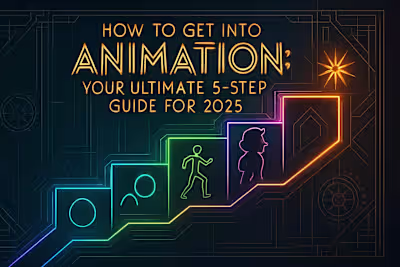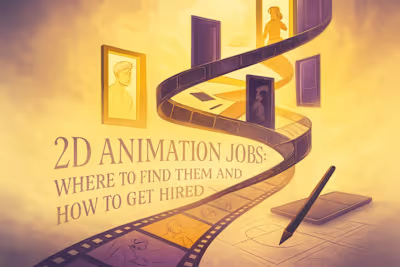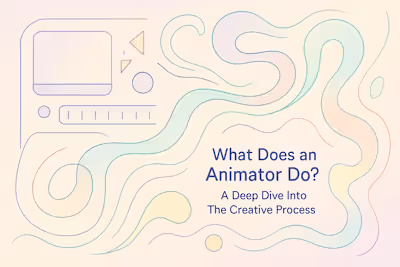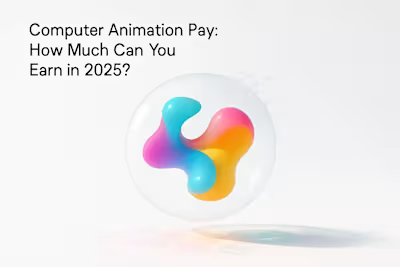What Education Do You Need to Be an Animator? Degree vs. Self-Taught
Posted Jun 22, 2025
Do you need a formal degree to become a successful animator? We break down the educational paths, from university degrees to online courses and self-taught routes.
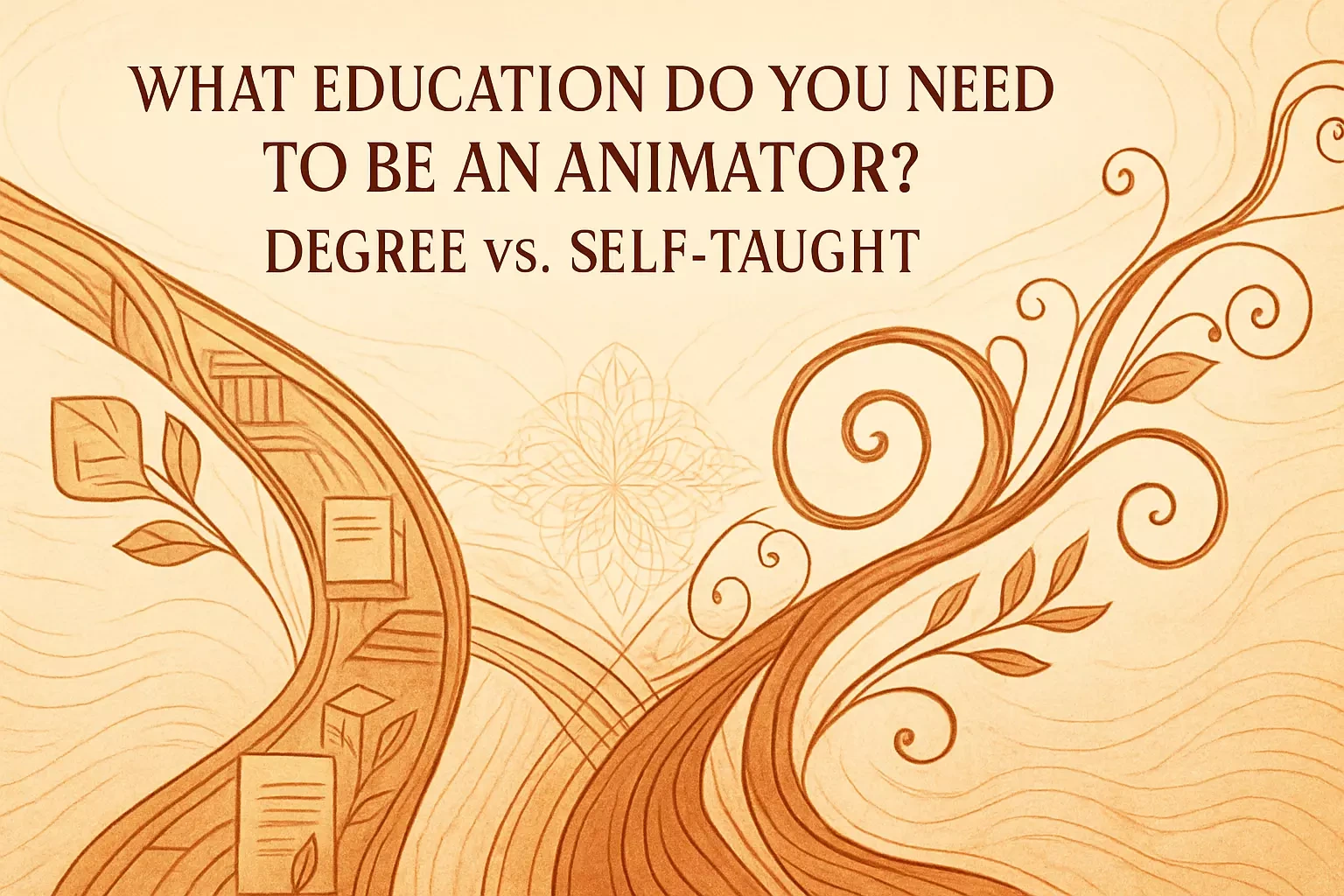
What Education Do You Need to Be an Animator? Degree vs. Self-Taught
The Formal Education Route: Animation Degrees
Bachelor's Degree in Animation or a Related Field
Specialized Degrees and Programs
Pros and Cons of a University Education
The Alternative Path: Online Courses and Certifications
Reputable Online Animation Schools
Specialized Skill-Based Courses
The Benefits of Cost and Flexibility
The Self-Taught Animator: A Path of Discipline
Essential Resources for Self-Learners
The Importance of a Structured Learning Plan
Building Credibility Without a Degree
What Do Employers Really Value Most?
The Power of a Strong Portfolio and Demo Reel
Demonstrable Skills and Software Proficiency
Experience and Professionalism
Making Your Decision
References






